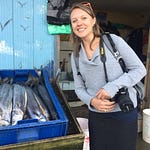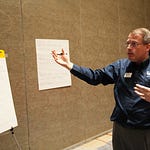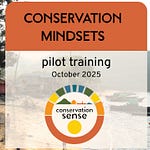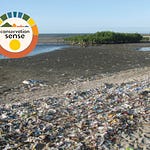If you’ve been following Conservation Realist for a little while, you’ll have noticed that I often critique how academia, particularly in the natural sciences, dominates the conservation sector. (I’m not exactly subtle about it)
This is rooted in some fairly obvious observations, as well as my experiences in both academia (through my postdoc) and the applied realm.
Lest you think I’m just being a hater, let me be very clear: academic research has been, and continues to be, valuable for conservation. Academics can and do play important roles in conservation. Many of my most admired conservationists bring their academic training to their real-world conservation work in effective and thoughtful ways, and these folks work in small NGOS, large NGOs, government agencies, and universities. And there are folks in larger conservation organizations who publish extensively (I suspect having a reliable salary helps with that…). So I’m not saying there’s a sharp divide between academic conservation work and applied conservation work. And sharing academic findings that have been prepared with care and rigorously reviewed is, at its heart, a good idea.
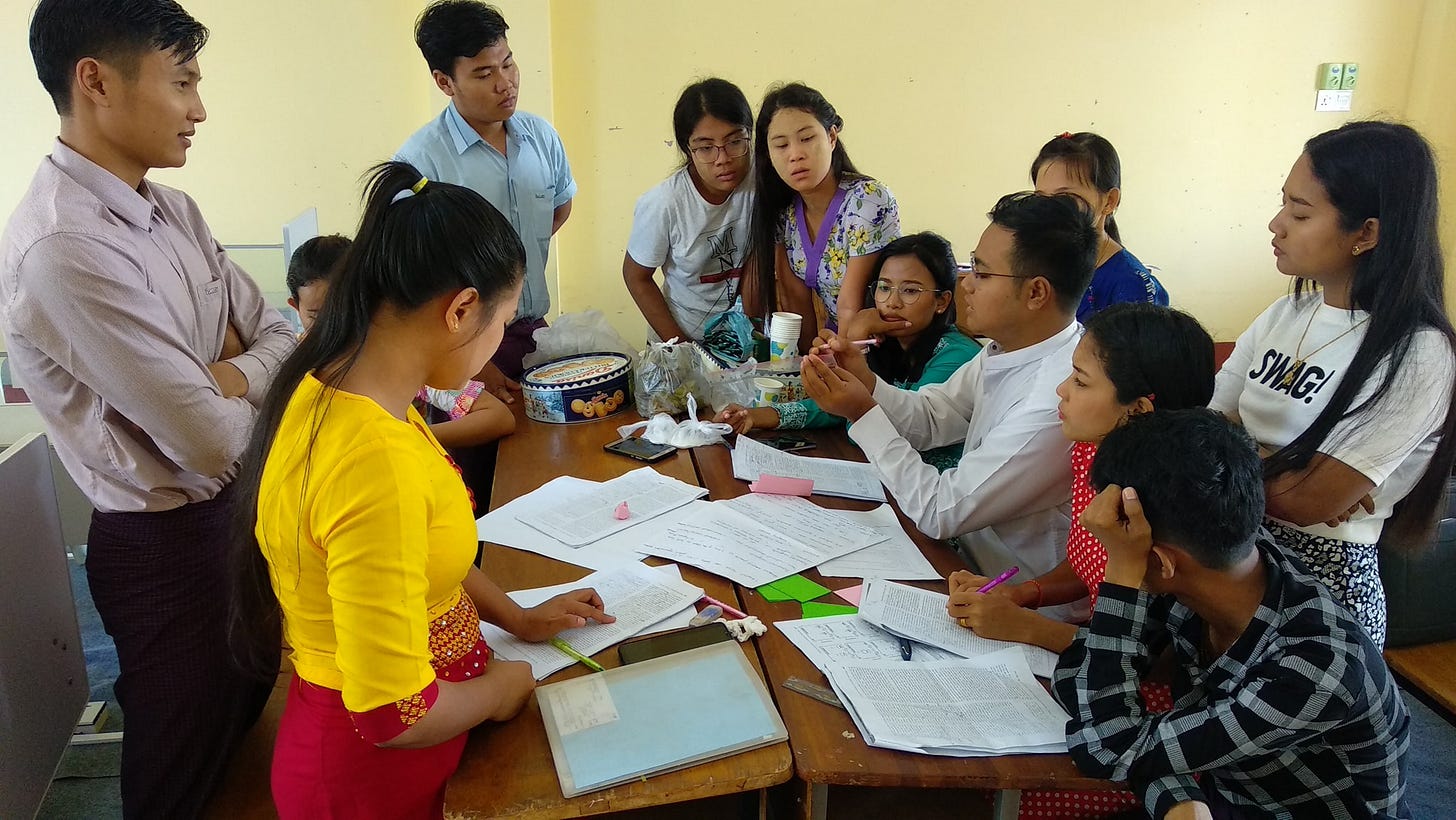
My point of objection is the disproportionate influence, recognition, and resources devoted to academic pursuits within the realm of conservation. And today, I’ll focus on the role of peer-reviewed articles on conservation. Some problems with the (in my opinion) inflated importance of such publications include:
Folks who have very little or even no practical on-the-ground experience running real conservation projects, but who have impressive publication records, in positions of influence in major conservation institutions
Academics writing up and claiming ownership over ideas and practices that have been implemented in conservation for years, if not decades (or longer), including practices by practitioners and communities based in the Global South; these academics build their names and reputations by “owning” these ideas, even though they are often not the ones with the most expertise or experience in implementing these ideas
Academic writing is notoriously dense and difficult to read, which presents a clear disadvantage to folks who are not native English speakers and who do not have access to resources of advanced English learning, i.e., many folks in the Global South
Folks who are actually doing the real, on-the-ground work have to spend time and resources on preparing their work for peer-reviewed publication in order to appear “competitive” for grants and other opportunities, taking valuable time and resources away from their actual conservation work. Remember: many such folks don’t have a set salary, so any work on publications equals unpaid labor.
Anything behind a paywall - and many publications remain behind exorbitant paywalls - further entrenches inequity in the field. Not to mention, many folks doing the best conservation work out there don’t have the resources to pay to publish their own work! Yes, waivers exist, but I’ve heard from friends who run their own small NGOs that these are not guaranteed
Many “conservation-relevant” publications will claim that their work has “implications for management,” but the nuts and bolts of connecting those implications to actual management often remain hazy, and often reveal a lack of realistic understanding of how conservation actually functions
Some personal musings related to this:
I once had a hyper-competitive, publication-obsessed colleague push me, during my postdoc: “You could be *the* ‘stewardship person’” - which struck me as somewhat funny and also antithetical to the whole notion of stewardship that our group of colleagues was trying to communicate
While at IUCN, our team’s work was so fast-paced that keeping up with the literature was not a priority. Most of our technical work was informed by reports and learning exchanges with other organizations who had actual experience implementing ideas, strategies, and programs in similar contexts. Of course, academic literature does provide an important and broad foundation of knowledge, but it’s often way behind what gets written up in technical reports, and it’s not the most accessible means of communicating information to people who are actually implementing conservation.
I have laughed *several* times in recent months at the titles of peer-reviewed articles that are announced on LinkedIn - not a mean laugh (I know it’s super exciting, especially for younger researchers, to get a paper out!), just a giggle of “oh, wow, you’re just now publishing this? People have been *doing* this for quite some time, you know…”
Just a bit of positionality - I’m not a “frustrated academic” or engaging in “sour grapes” in that I guess I’ve been “successful” in publishing (though my record is sparse) in that every manuscript I’ve submitted has been accepted with minor revisions, and I’ve been involved in some well-received collaborative papers. But! I’ve learned that the process is so at odds with my philosophy of how I want to spend my time and effort in this life. I’ve chosen to remove myself from the scene where publication records are seen as a measure of one’s worth, and I realize that doing so is a privilege of sorts. I am working to re-enter the realm of publications to share work that I believe actually matters (instead of repackaging ideas that other people have already developed) - e.g., the exciting work on marine mammal conservation and community engagement that my Myanmar colleagues are doing (and I’m mentoring them in how to prepare the paper, not just taking their work and slapping my name on it), and some (now embarrassingly old) work from my postdoc that I haven’t really seen anyone else publishing much on. The issue? I freelance (no fixed salary for me!) and I don’t have access to journal databases.
The worst interactions I’ve had with colleagues have all related to publishing. It brings out unethical and inconsiderate behavior (which is bemusing because these colleagues often go on about the importance of mindful and just conduct and collaboration in conservation…), and that’s another reason I’ve been happy to distance myself from that world.
So here’s my question to you all:
Recognizing that/assuming that:
(a) sharing information in thoughtful, rigorous ways is important,
(b) the focus on peer-reviewed publishing promotes inequity, hyper-competitiveness, and a skewed sense of who is actually influential in conservation, and
(c) publication record remains an important criterion for small NGOs who are applying for funding…
I’d love to hear your thoughts (including any disagreement with my statements above!):
What do you think about the role of peer-reviewed publications in conservation?
If you’re a conservation practitioner, how have such publications informed or otherwise supported your work and/or your organization’s work?
How could they be more useful?
How could the problematic elements of the focus on publications be mitigated (or maybe you don’t think these elements are problematic)?




